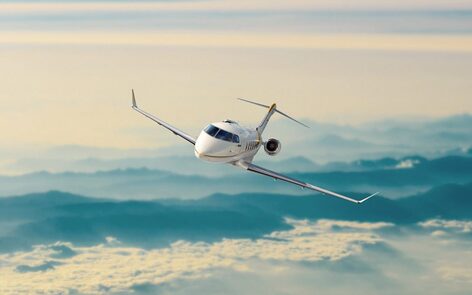Go Professional
|
The Commercial Certification Course is not much different from the Private Pilot License, other than being held to higher standards.
In addition, you will learn new maneuvers, such as chandelles, lazy eights and eights on pylon; which you will have to demonstrate proficiently on the practical test. Single Engine is for those students who require commercial pilot privileges in single engine aircraft only. To be eligible, students must be 18 years or older, log at least 250 hrs of total flight time in which training and other requirements must be met, and 10 hours training in a complex aircraft or a "Technically Advanced Avionics" aircraft (TAA). |
